
Famous First Words
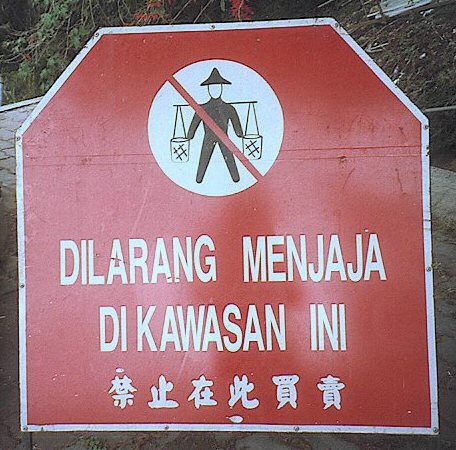
Talk is cheap.
We’ve all heard that phrase often enough, directed at those who spend more time talking than doing – but it doesn’t always hold true.
Sometimes, talk is priceless.
Certain people are blessed with an ability to inspire with their words. These are not the people who simply brag about themselves or use big talk to draw the attention of others.
The people I’m talking about very seldom utter famous last words.
They’re better known for famous first words.
These people go out on a limb and make bold statements that fly in the face of every shred of existing evidence. The result is often remarkable.
Take Winston Churchill for example.
In early 1940, Churchill was an unpopular conservative member of the British Parliament, notable for his outspoken opposition of Prime Minister Neville Chamberlain’s policy of appeasement toward Adolf Hitler. Hitler’s armies had run roughshod over the whole of Europe; appeasement had only encouraged him to want (and take) more. Chamberlain’s government unraveled as a result, and Churchill emerged as the new Prime Minister.
Churchill passed on one of history’s greatest opportunities for a new leader to cast aspersions on his predecessor – after all, Chamberlain had been an unmitigated failure.
Europe was in flames.
France had collapsed almost without a fight.
The United States was still isolationist, and wouldn’t enter the war for almost another year.
Britain was entirely alone, and every sign pointed to Hitler crossing the English Channel and taking it, as well.
Facing these odds, Churchill could have easily pointed the finger at Chamberlain, while looking for creative ways to give up.
He could have talked about accepting the inevitable surrender, encouraging the British people to just go along, and submit to their future rulers.
He didn’t.
On May 13, 1940, in his first speech as Prime Minister, he said:
[fusion_builder_container hundred_percent=”yes” overflow=”visible”][fusion_builder_row][fusion_builder_column type=”1_1″ background_position=”left top” background_color=”” border_size=”” border_color=”” border_style=”solid” spacing=”yes” background_image=”” background_repeat=”no-repeat” padding=”” margin_top=”0px” margin_bottom=”0px” class=”” id=”” animation_type=”” animation_speed=”0.3″ animation_direction=”left” hide_on_mobile=”no” center_content=”no” min_height=”none”]
Big words, for the leader of a nation on the run.
The result of Churchill’s speech was that Britons began to listen, and began to see victory as a potential outcome, rather than an impossible pipe dream.
In another speech on June 4, he said:
[/fusion_builder_column][fusion_builder_column type=”1_1″ background_position=”left top” background_color=”” border_size=”” border_color=”” border_style=”solid” spacing=”yes” background_image=”” background_repeat=”no-repeat” padding=”” margin_top=”0px” margin_bottom=”0px” class=”” id=”” animation_type=”” animation_speed=”0.3″ animation_direction=”left” hide_on_mobile=”no” center_content=”no” min_height=”none”]
Again, Churchill was speaking exactly counter to the reality on the ground.
‘Fight in France?’ The Allied Expeditionary Force had just been embarrassingly driven out of France, and Churchill was already talking about going back?
Everybody was surrendering to the Nazis.
The European nations had put up feeble resistance at best, then looked for the most comfortable spot to line up and quit.
Quitting never crossed Churchill’s mind – and if it did, he did a fantastic job of keeping it to himself for the greater good.
In another speech on June 16, he summed up his position, and therefore, the position of Great Britain:
[/fusion_builder_column][fusion_builder_column type=”1_1″ background_position=”left top” background_color=”” border_size=”” border_color=”” border_style=”solid” spacing=”yes” background_image=”” background_repeat=”no-repeat” padding=”” margin_top=”0px” margin_bottom=”0px” class=”” id=”” animation_type=”” animation_speed=”0.3″ animation_direction=”left” hide_on_mobile=”no” center_content=”no” min_height=”none”]
But if we fail, then the whole world, including the United States, including all that we have known and cared for, will sink into the abyss of a new dark age made more sinister, and perhaps more protracted, by the lights of perverted science. Let us therefore brace ourselves to our duties, and so bear ourselves, that if the British Empire and its Commonwealth last for a thousand years, men will still say, This was their finest hour.”
Outnumbered, outmaneuvered, outgunned.
Yet he still saw it as Britain’s ‘finest hour.’
Churchill’s inspiring rhetoric gave the people of Great Britain reason to not give up. Rather than make empty political promises, he spoke of an alternate reality, based on his confidence in the abilities of his countrymen to overcome impossible odds. He knew they could succeed, because he knew they had to succeed to preserve their culture and way of life.
The alternative was unacceptable, so he used bold words to prevent it.
- Possible: Talk big
- Impossible: Succeed by big talk alone
- Repossible: Think big, and communicate that confidently
[/fusion_builder_column][/fusion_builder_row][/fusion_builder_container]

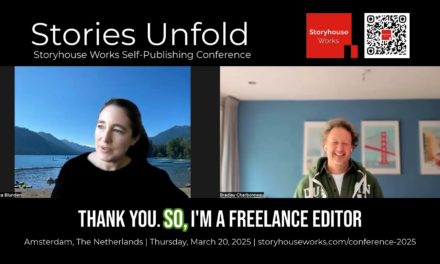
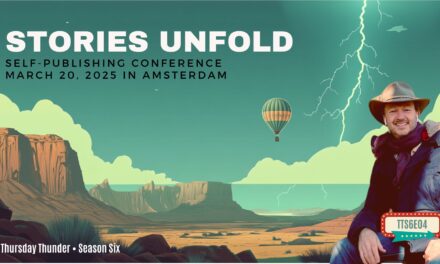


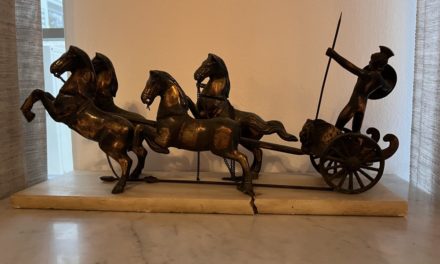




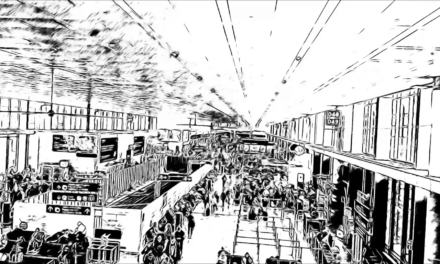










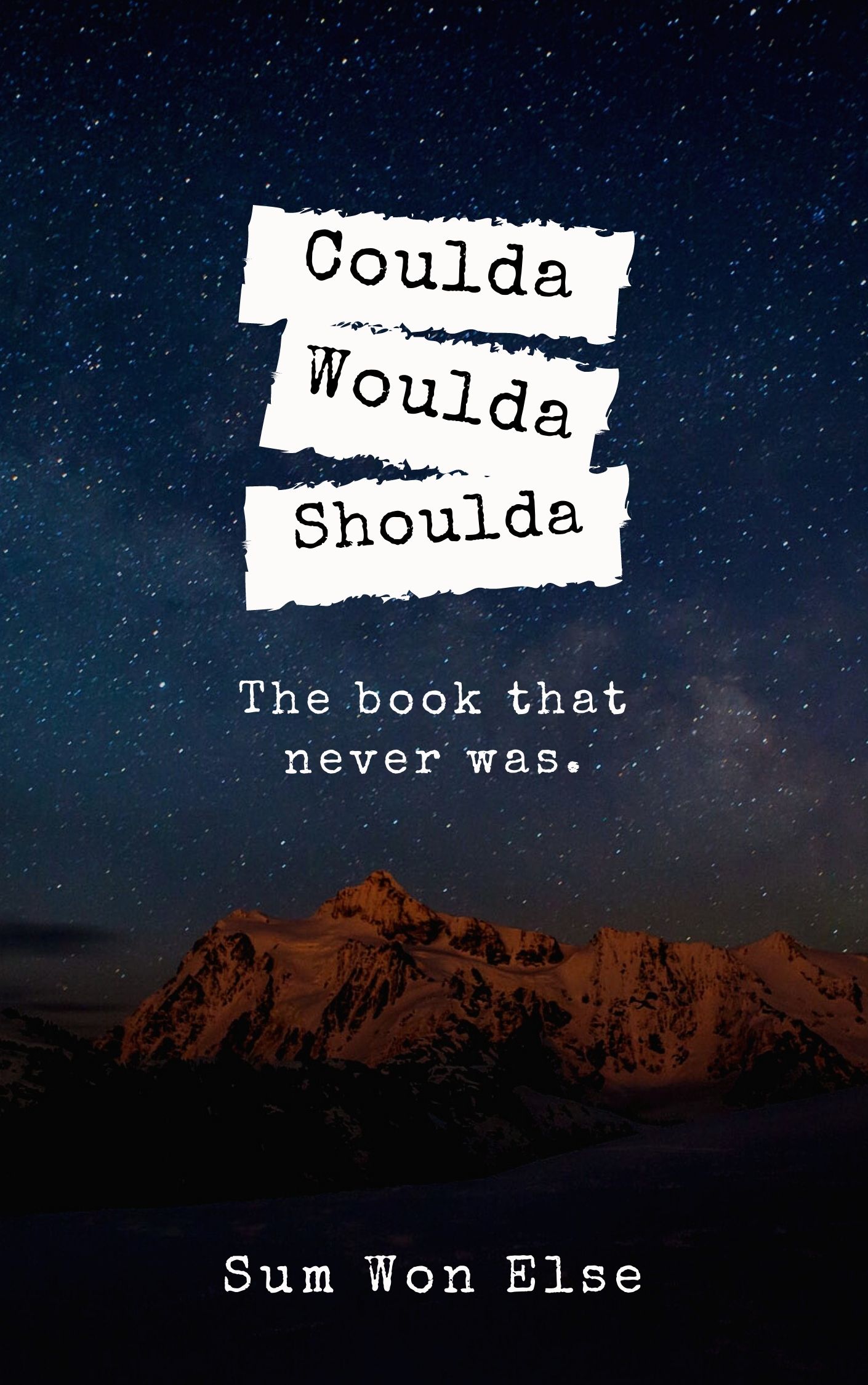






“Victory at all costs.” It’s a little more dramatic than what we face today (OK, OK, lots … ), but if you look at it from our perspective as entrepreneurs, we could change “victory” to “success” and change “survival” to “existence.”
He’s up against tremendous odds, but he rallies the troops, literally, to victory. Thanks to his determination, confidence, and power of conviction, he brings his country to victory and better than survival–they thrive.
It’s inspiring to us to charge forward when we know we’re right. We just need to execute our ideas and stay the course.
Thanks for writing.
Gotta love Churchill. Brash, abrasive, annoying at times, but determined above all. And all that while battling clinical depression his entire adult life – NOT someone who gave in to excuses!
Nice work MacDougall. “Never give up. Never, ever, ever, give up.” Every challenge in life must be dealt with; remembering the words of Churchill.
John,
Exactly right. If Churchill had spent more time looking for excuses and scapegoats for Britain’s trouble, the world would look a lot different today. The alternative to solving the problem was unacceptable, so he set out to tackle it. Not a bad example to follow – in any arena!